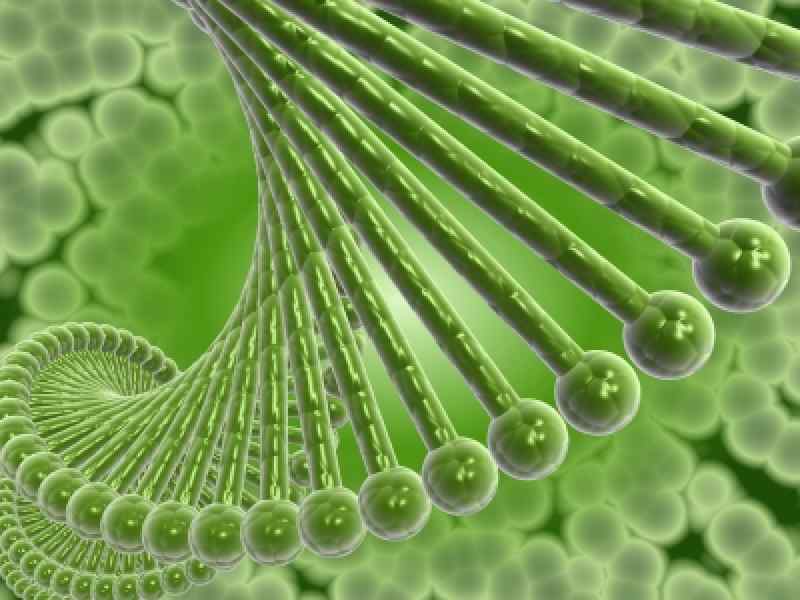Submitted by administrator on
It has been announced that although known variants in genes may be able to tell us whether, or not, a person will likely develop AMD, they do not tell us or predict how the genes will respond to Avastin and Lecentis. which are the two commonly used drugs for treatment of wet AMD.
The CATT ( Comparison of AMD Treatment Trials) data has found that there is no major association between four different gene variants and outcomes that measures the responses to the treatments. Their research wanted to determine whether the major AMD risk genes could be used to assist in tailor making a safe and effective treatment uaing both Avastin and Lucentis. They found that both prescriptions did without doubt assist in reducing the vision loss and in some patients actually reverse it int hose with wet AMD but that the effectiveness of each varied from patient to patient. The CATT genetic study has clearly showed that the major risk alleles don't actually predict patients responsiveness to treatments.
The study base were based up of patients who were evaluated for 4 gene variants linked to AMD risks, namely CFH, ARMS2, HTRA1 and C3.
Each study patients genotypes were then compared to how they reacted to treatment from Lucentis or Avastin. No significant associations among the main groups were found.
It is estimated that about ten per cent of patients suffer from wet AMD and scientists believe that at least fifty per cent of those cases are related to specific genes.

